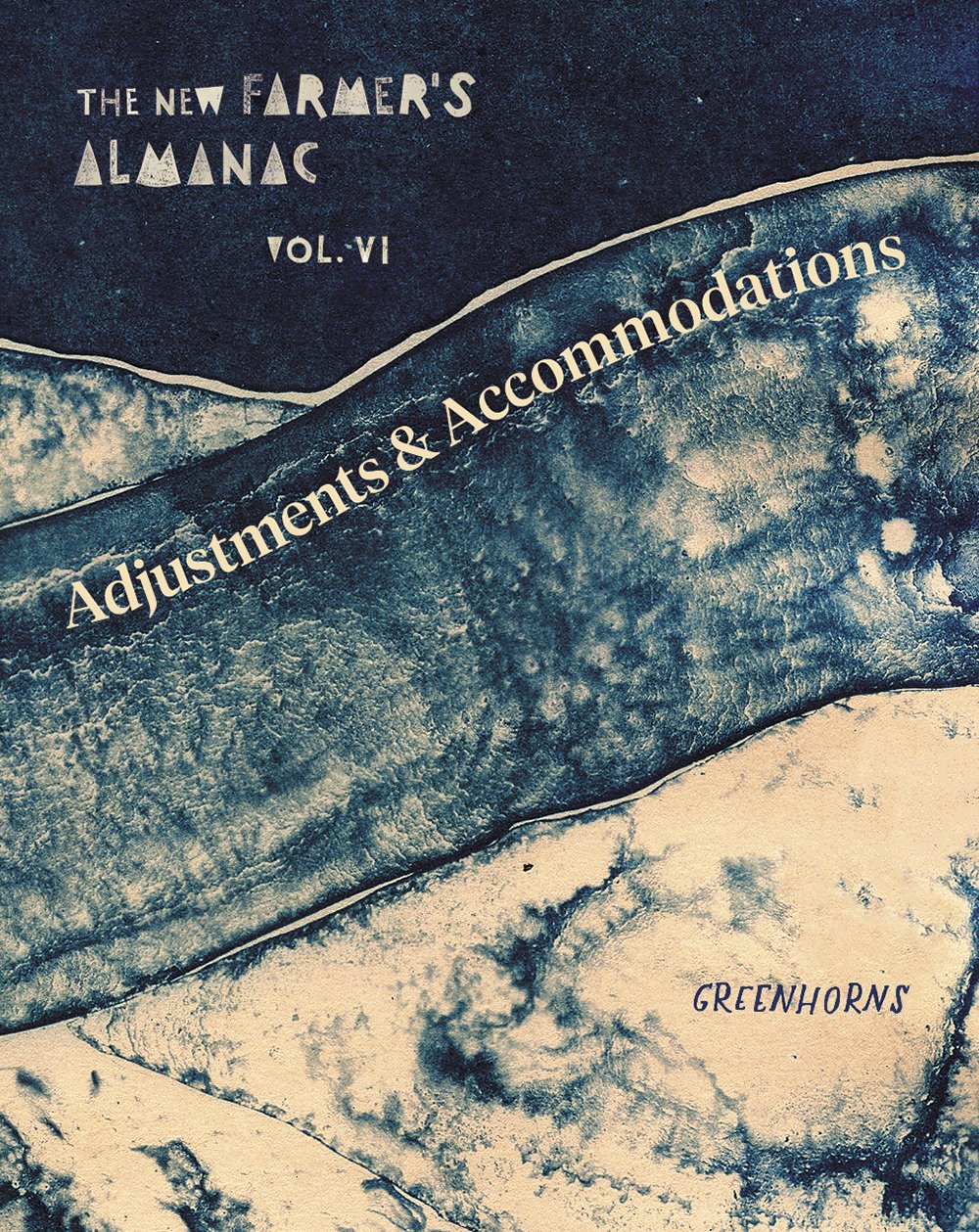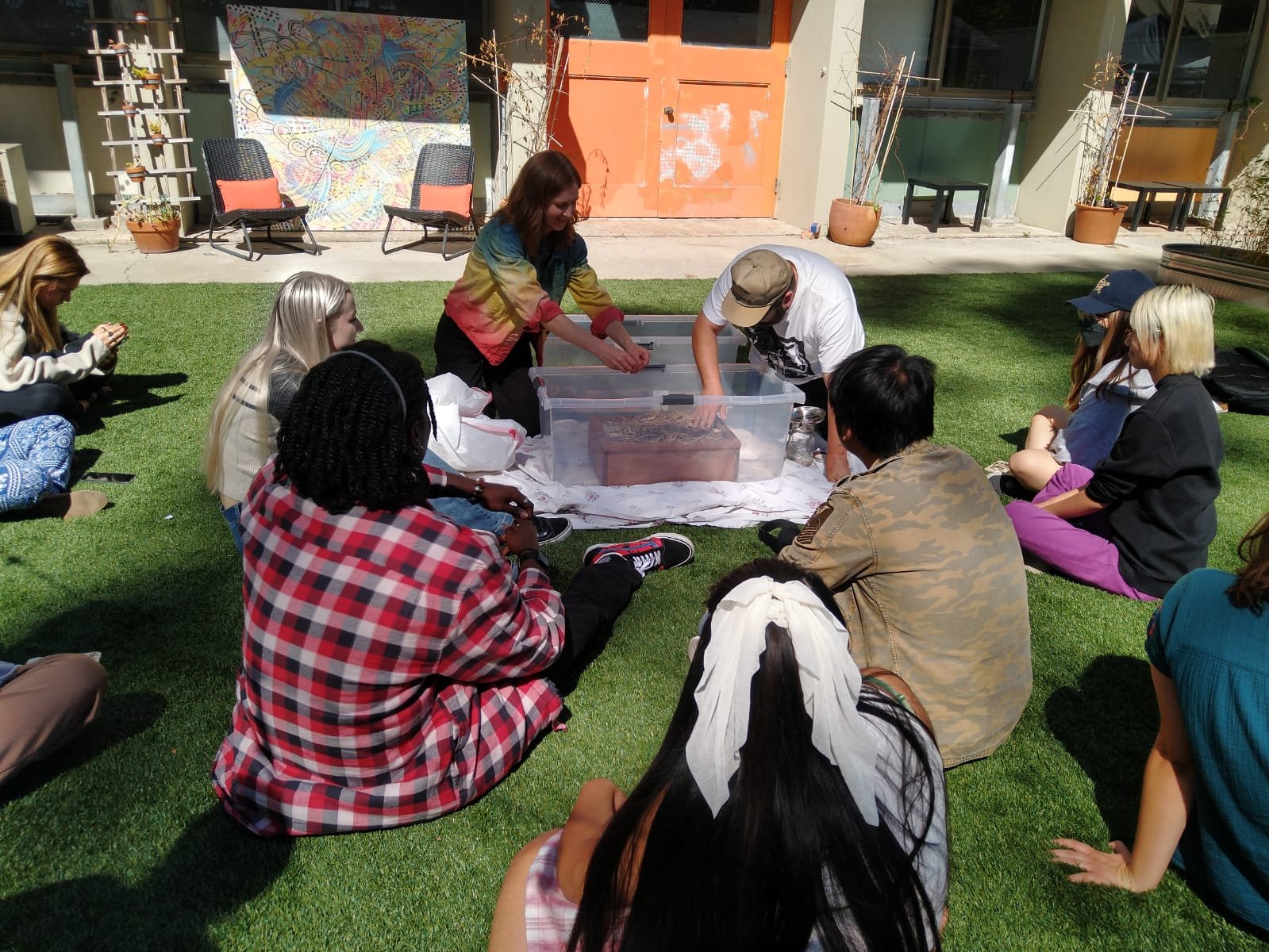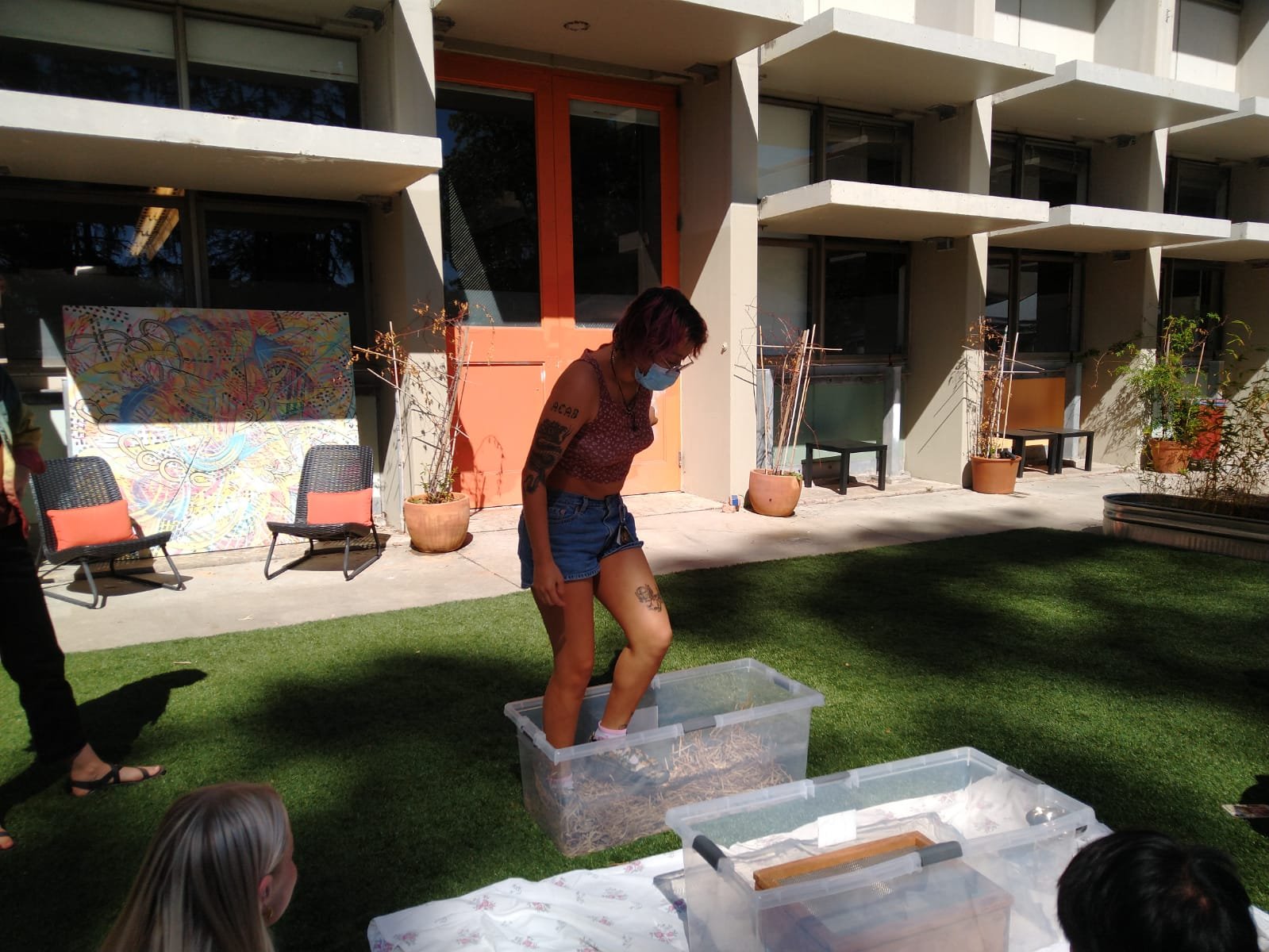Feral Cabbages of California
2018-ongoing
This project stems out of my long term engagement with the feral cabbages (Brassica oleracea var. oleracea) of California’s coast both in the wild and my Oakland gardens. It offers a novel history of a seemingly unremarkable plant by weaving my personal narrative as an artist, gardener, and amateur plant breeder with research on the origins of the feral cabbages, their current habitats, and the process of breeding a climate resilient plant. Feral cabbages can be found growing on the edges and cracks of lighthouses and former military bases, out of basalt headlands, and beside beach parking lots, and, after more than a hundred years growing without intervention, have become naturalized on the coast.
There are at least six morphologically unique feral cabbage populations on the California coast, all of which I am cultivating and incorporating into a breeding program: from Point Bonita Lighthouse, Point Montara Lighthouse, Pigeon Point Lighthouse, Mendocino Headlands, Spooner’s Cove (Morro Bay), and Half Moon Bay State Beach. I am selecting for the plants that do the best under the challenging conditions in California.
The project expands and connects concepts of migration, colonization, coevolution, climate, ecology, domestication, gardens, and plant intelligence. Using the feral cabbage as a locus of inquiry, it examines new perspectives on our current ecological crises by rethinking binaries like native/non-native and human/non-human. It invites audiences to consider their own hand in influencing the non-human beings that share space with them and what they can teach us about ourselves and the world around us. In the process, I hope to encourage others to develop their own land ethic and notice the quieter stories that every plant has to tell.
It currently exists as an iNaturalist project, essays, public talks, an installation, a feral cabbage garden, hybrid seeds, and a forthcoming book published by Heyday in 2027.
iNaturalist Project: Wild and Feral Cabbages of the World
2021-ongoing
Feral cabbages vary morphologically depending on what cultivated variety they originated from and where they are located. This project uses iNaturalist’s user-created database to catalog the diversity of often isolated feral cabbage populations and the potential progenitors of domesticated Brassica oleracea, including the 11 wild species in the Brassica oleracea group.
Becoming Naturalized to Place: California’s Feral Cabbages
2022-23, Essay in the New Farmer’s Almanac: Volume VI + zine published by A Magic Mountain
Becoming Naturalized to Place: California’s Feral Cabbages
2023, Presentation at the Seed Saver’s Exchange Conference
Feral
2022, Installation and Workshop at Platform Artspace at UC Berkeley. Made possible with support from the Puffin Foundation.
Installation:
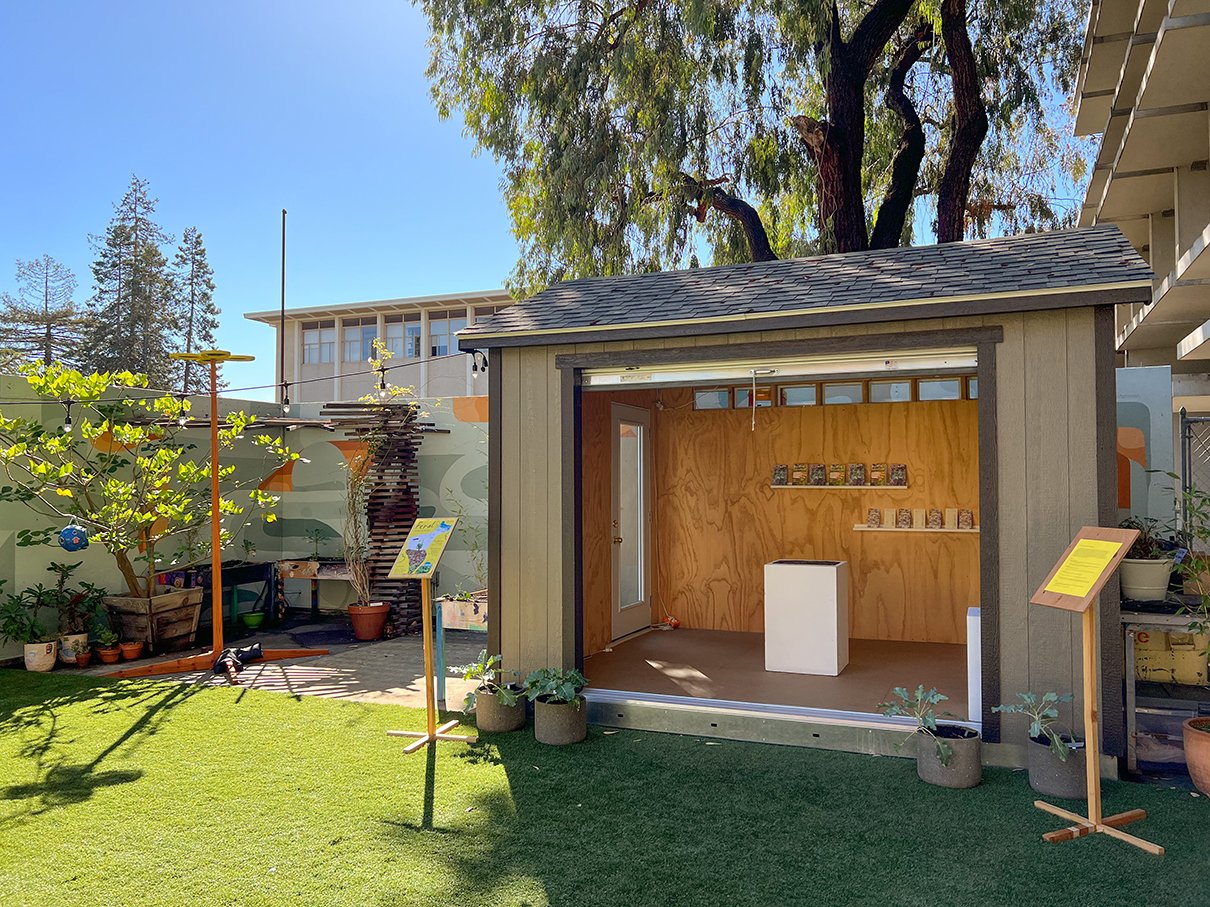
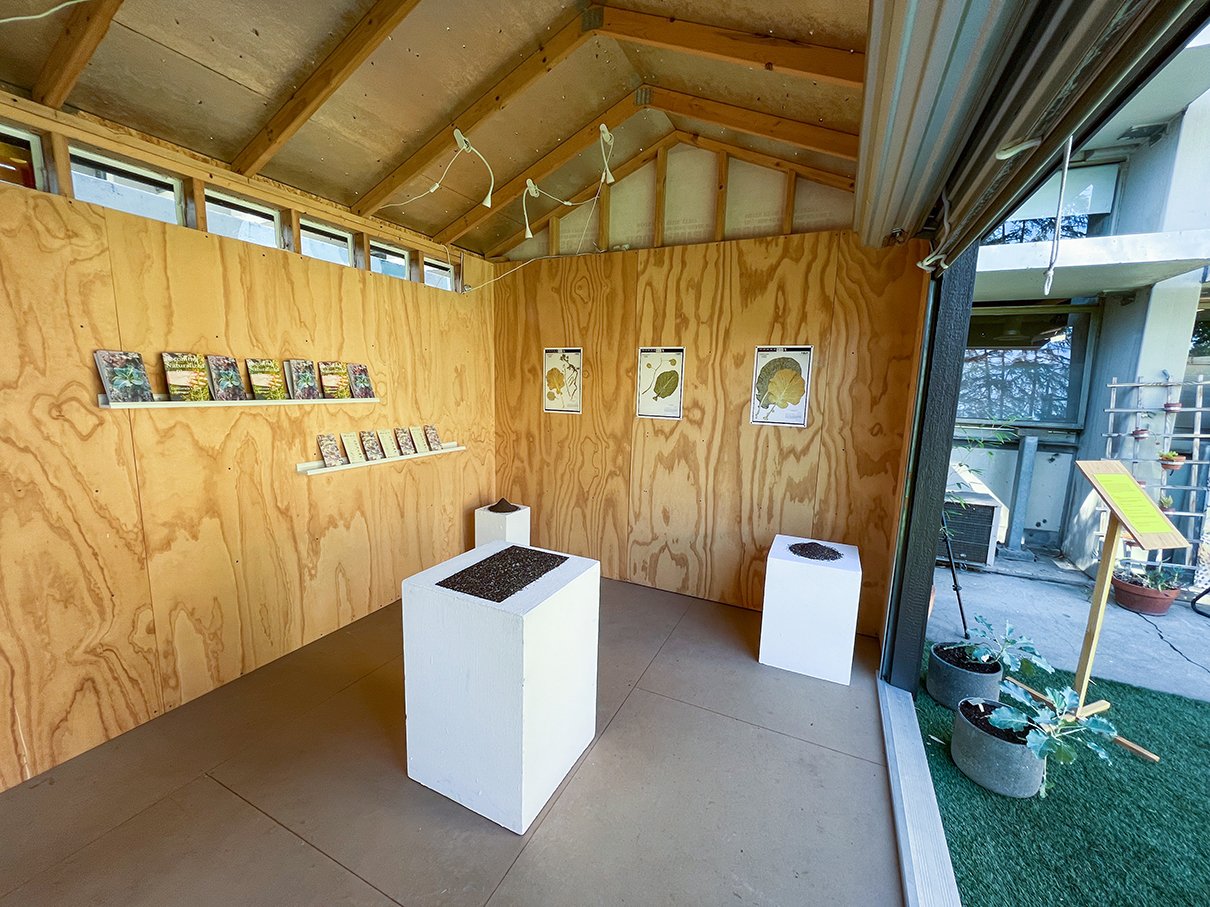
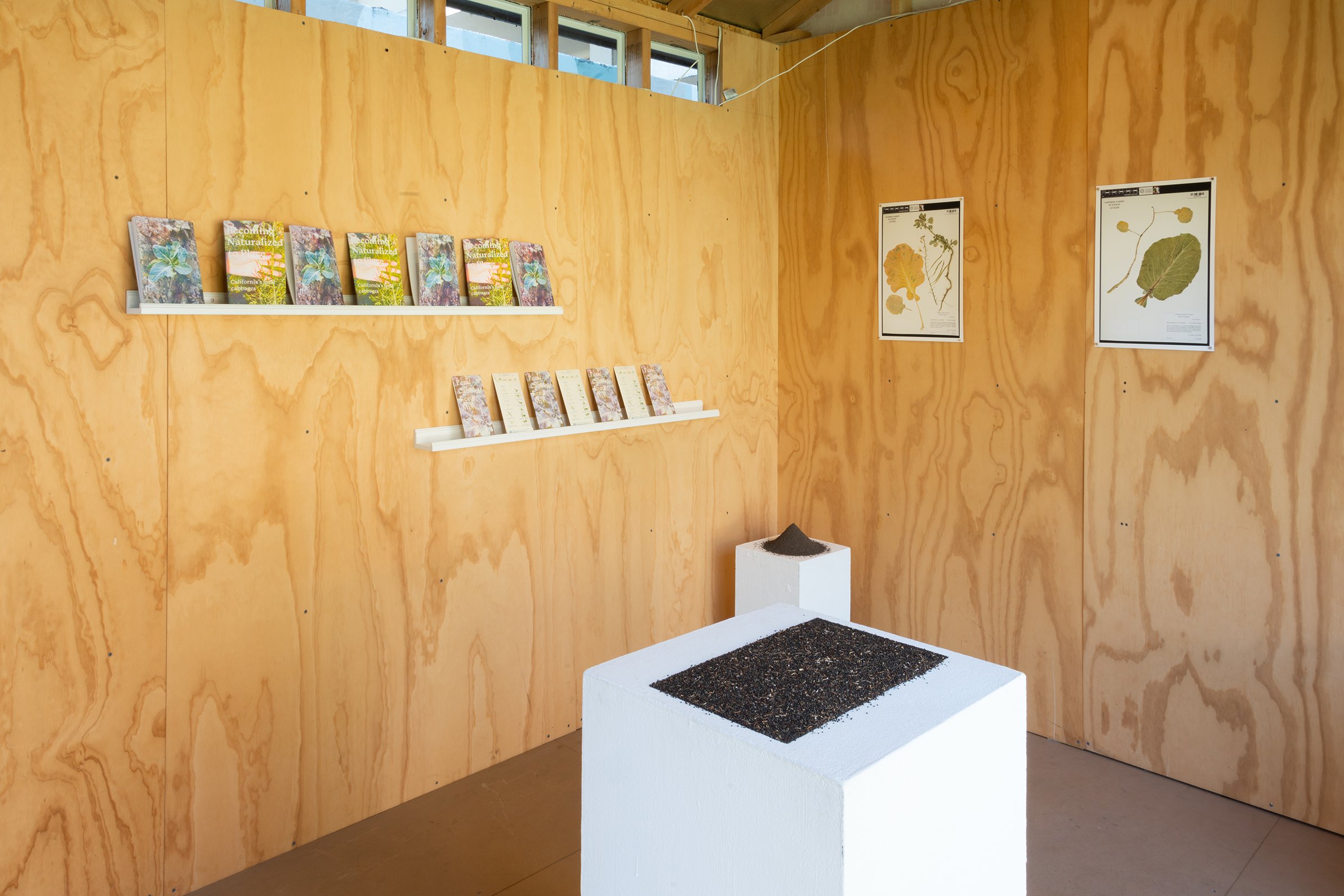
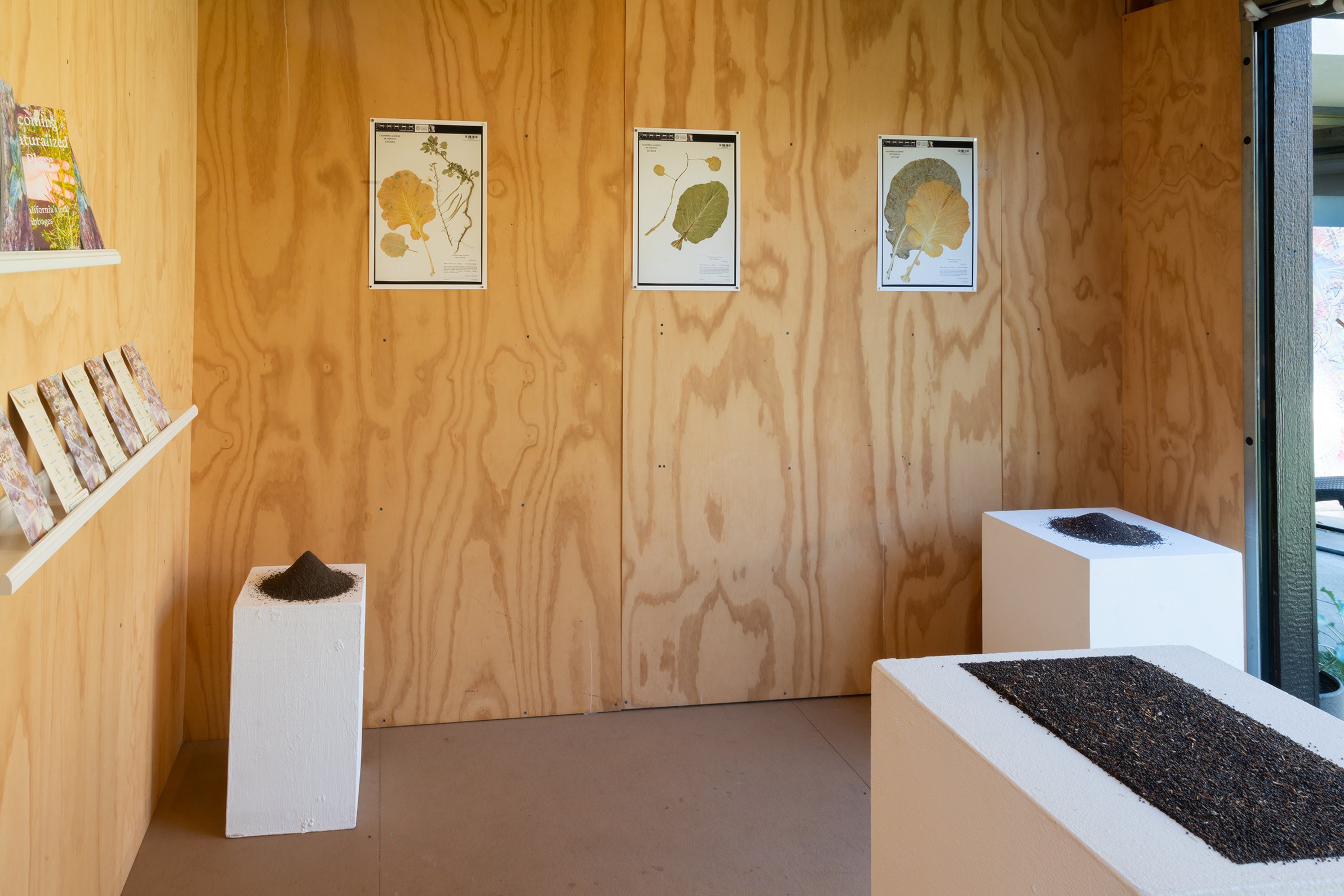
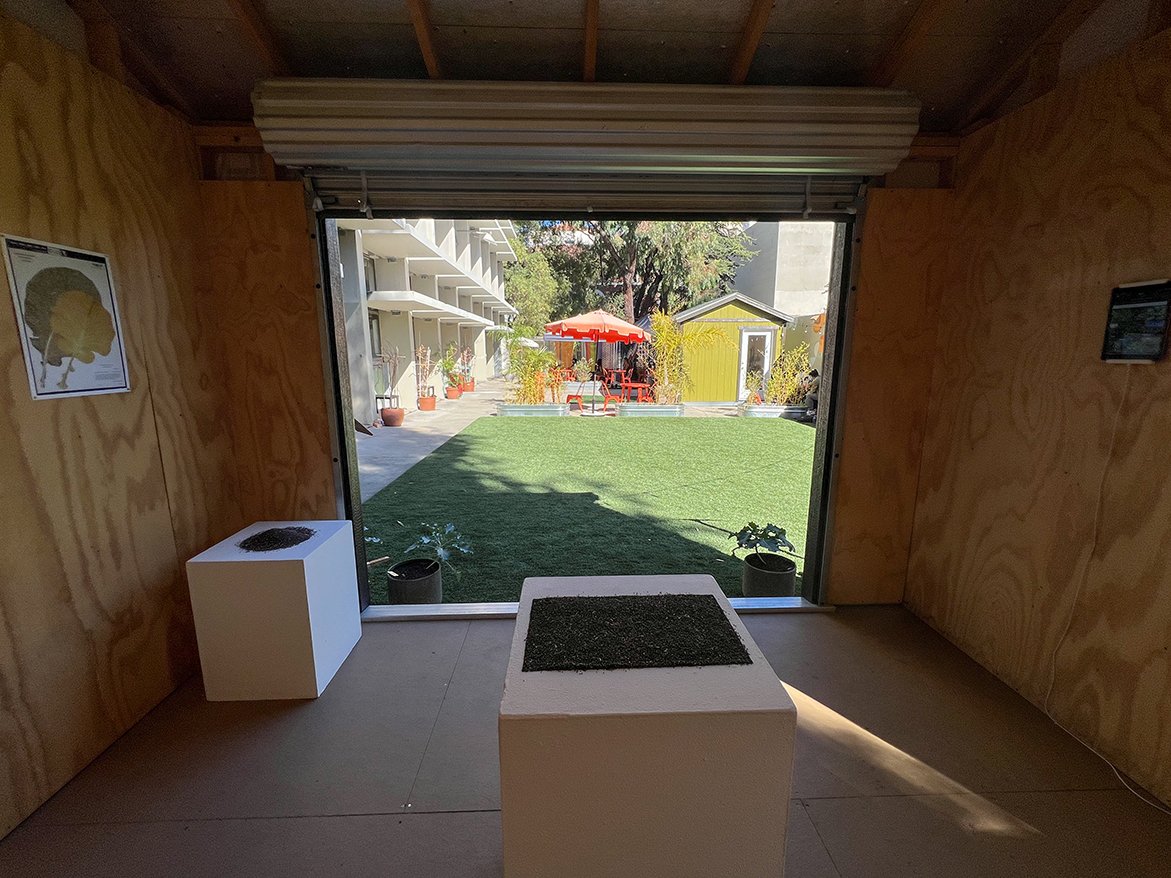
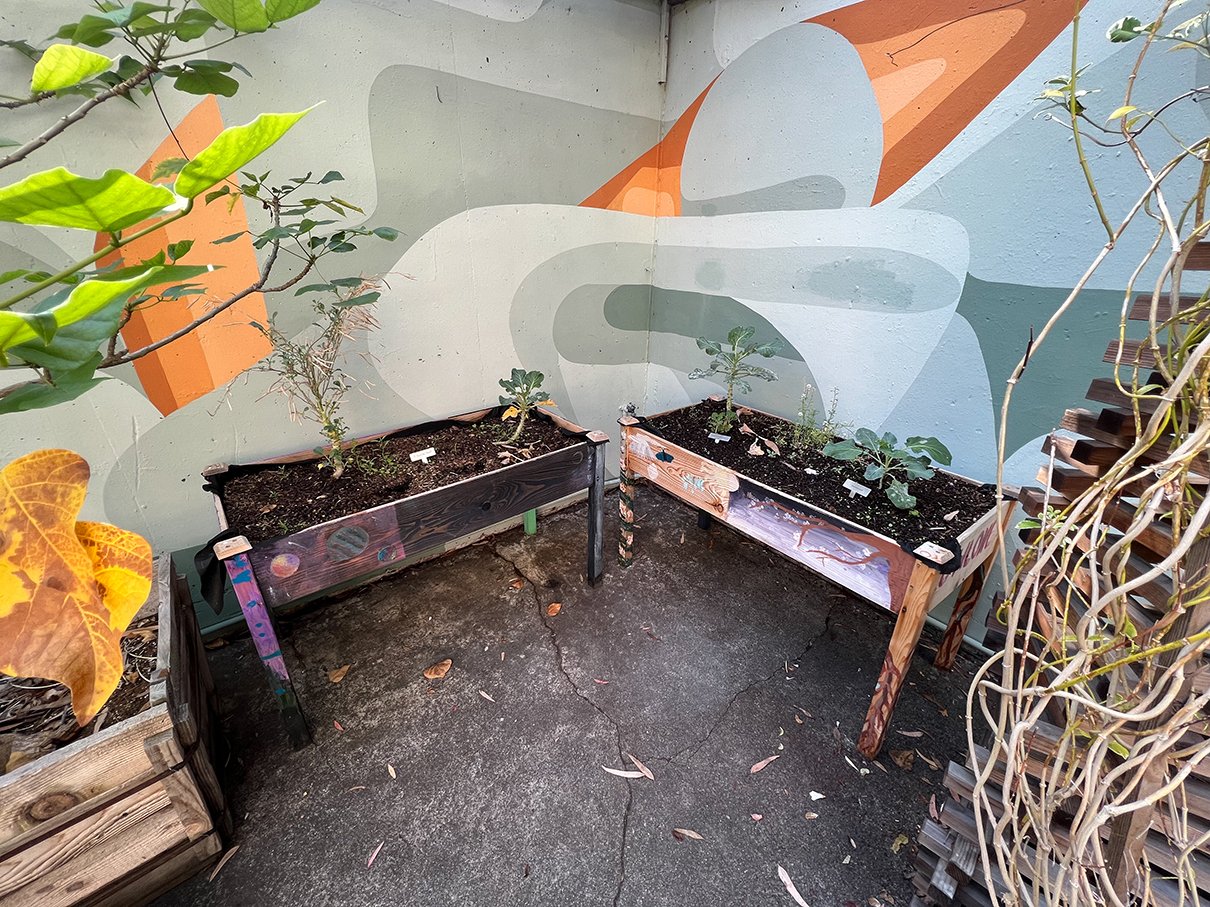
Work:
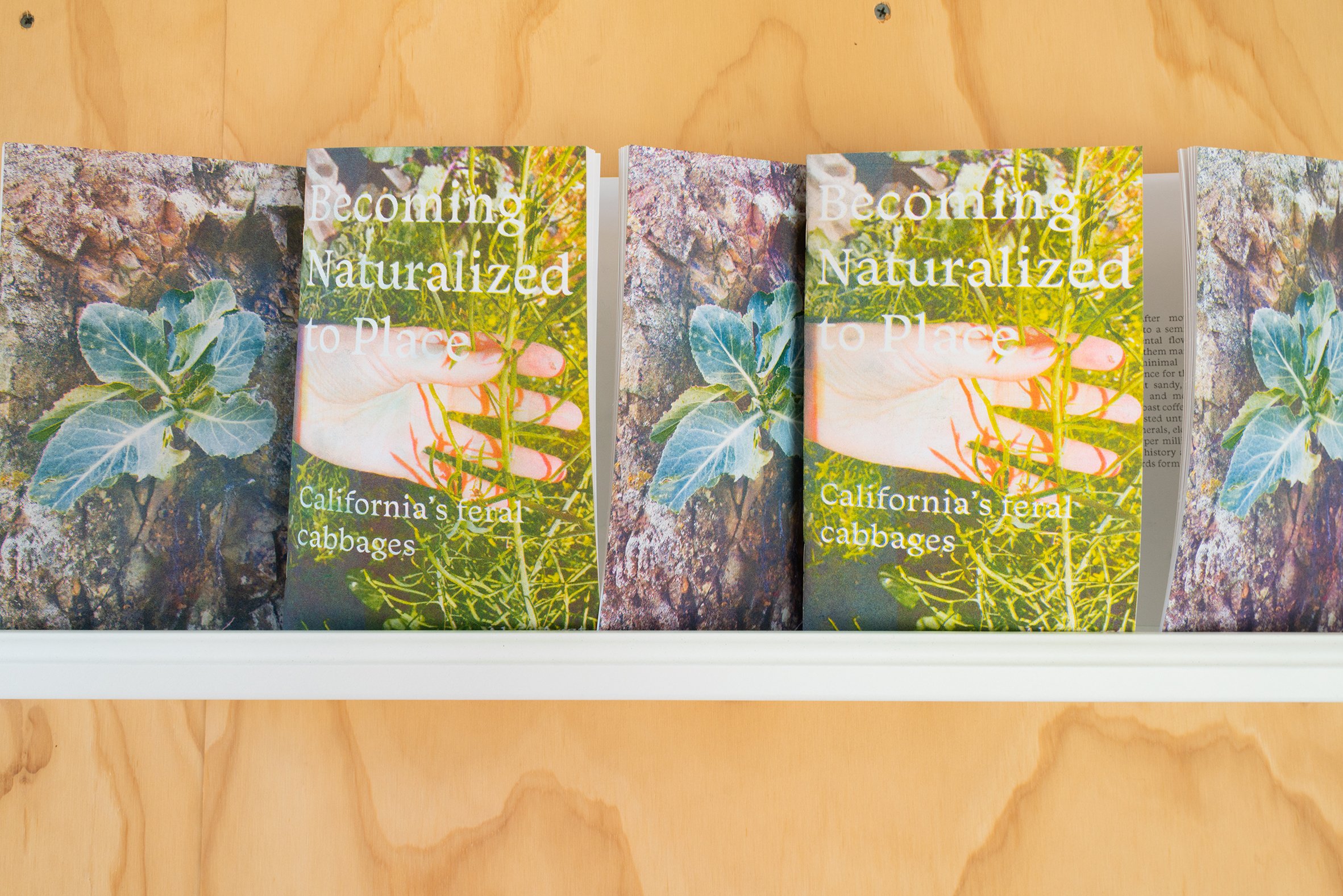
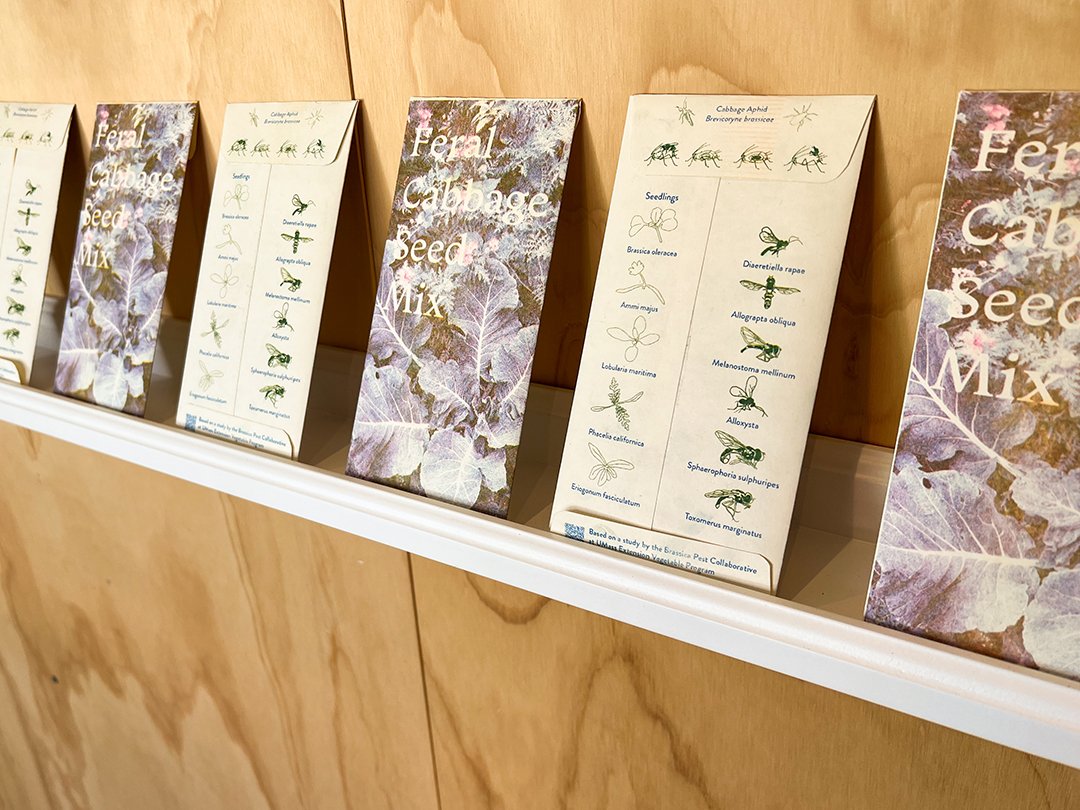
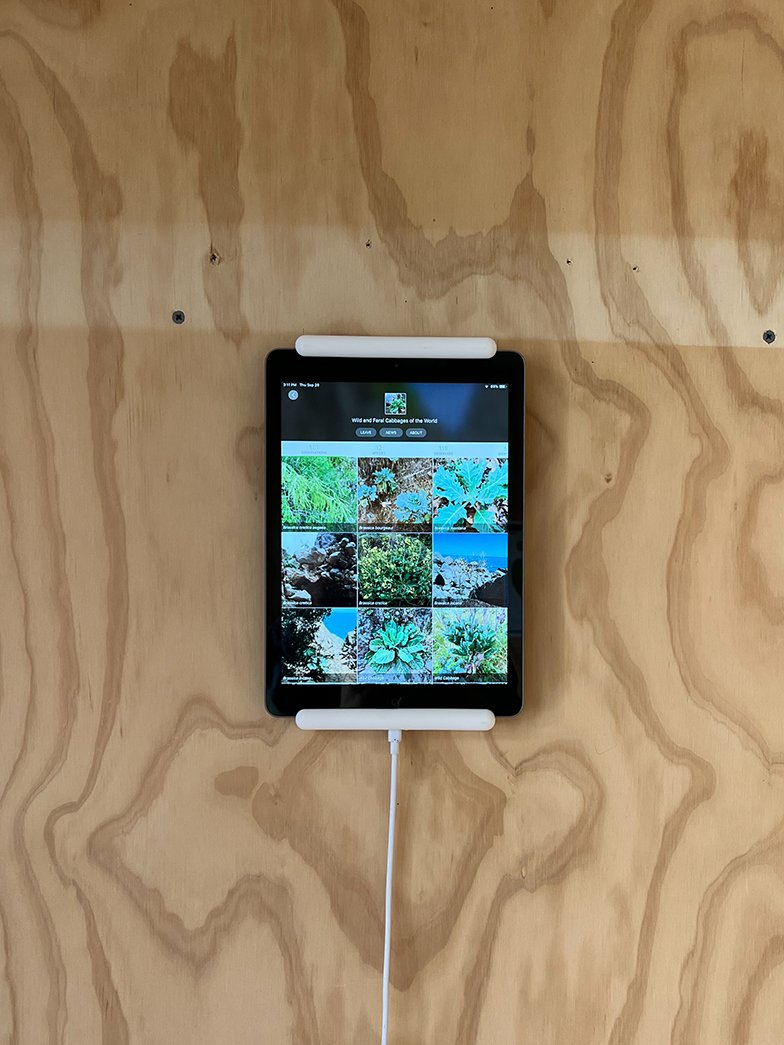

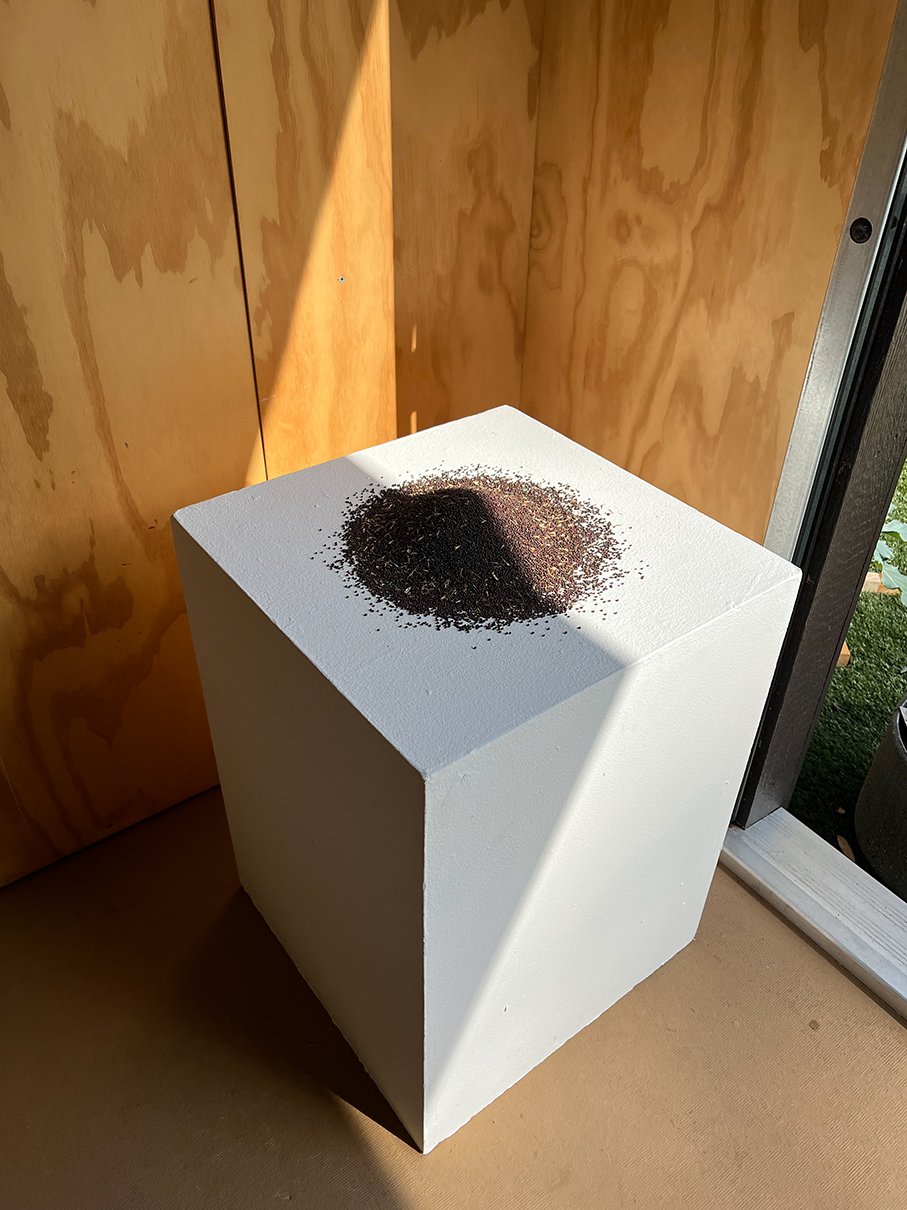
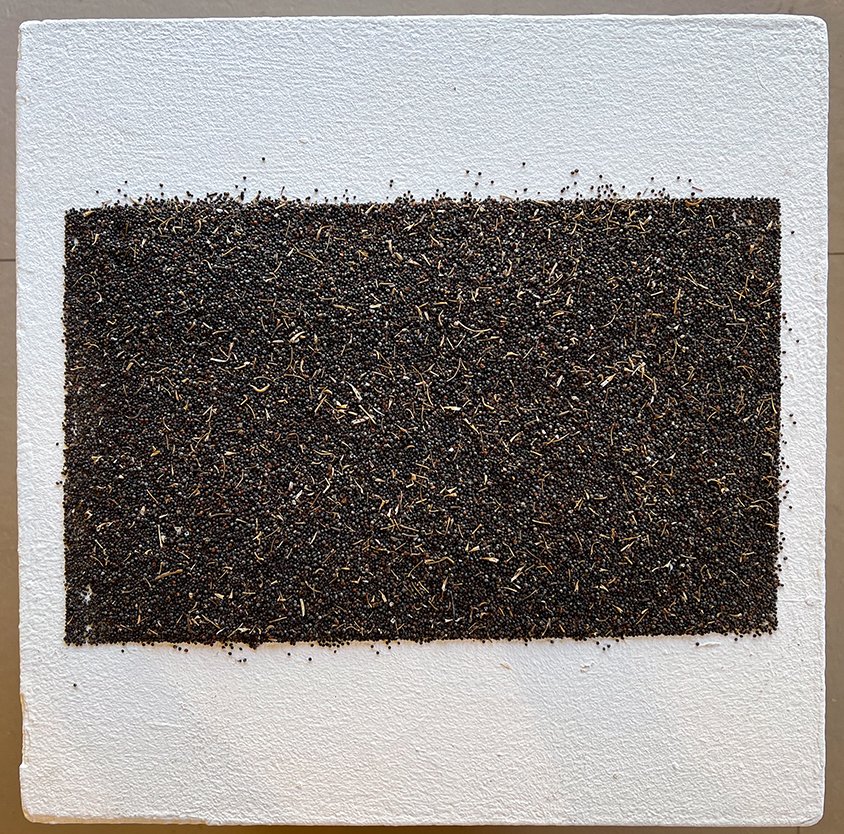
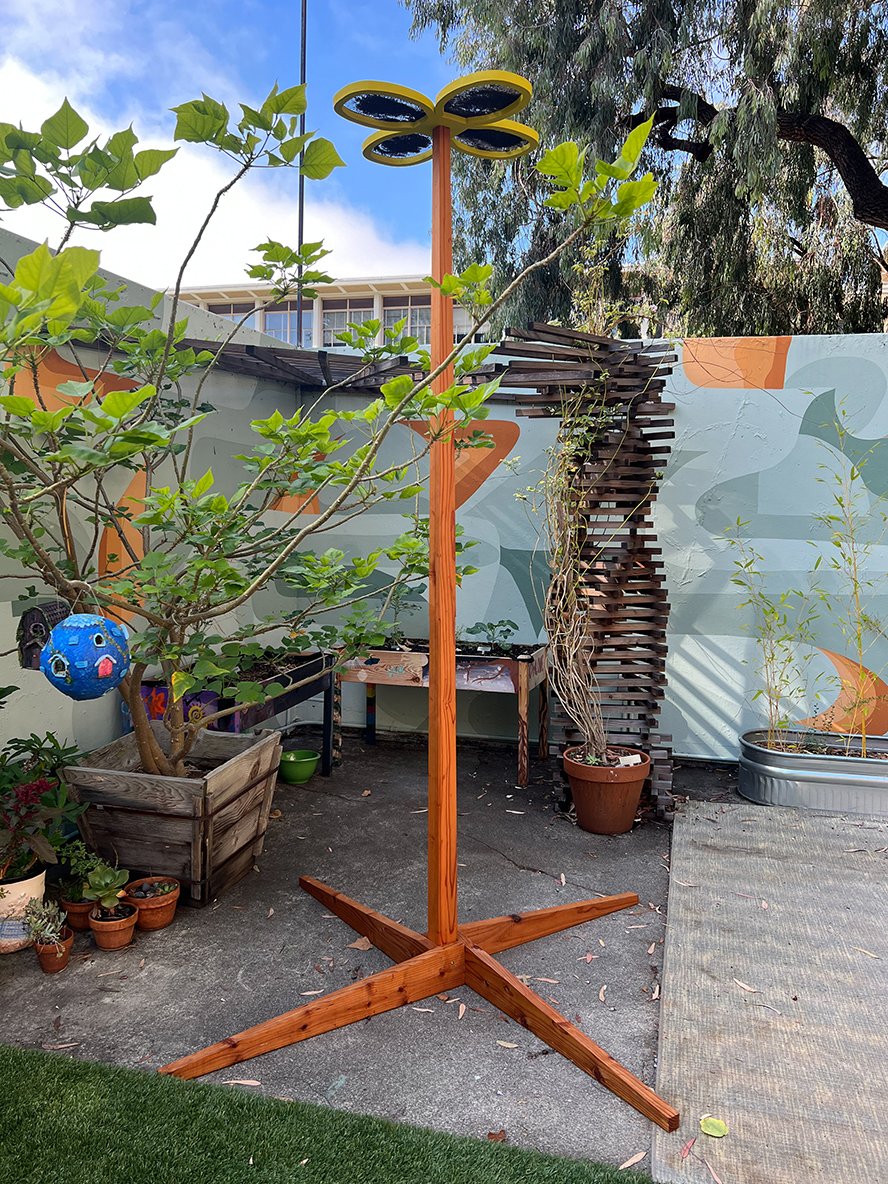
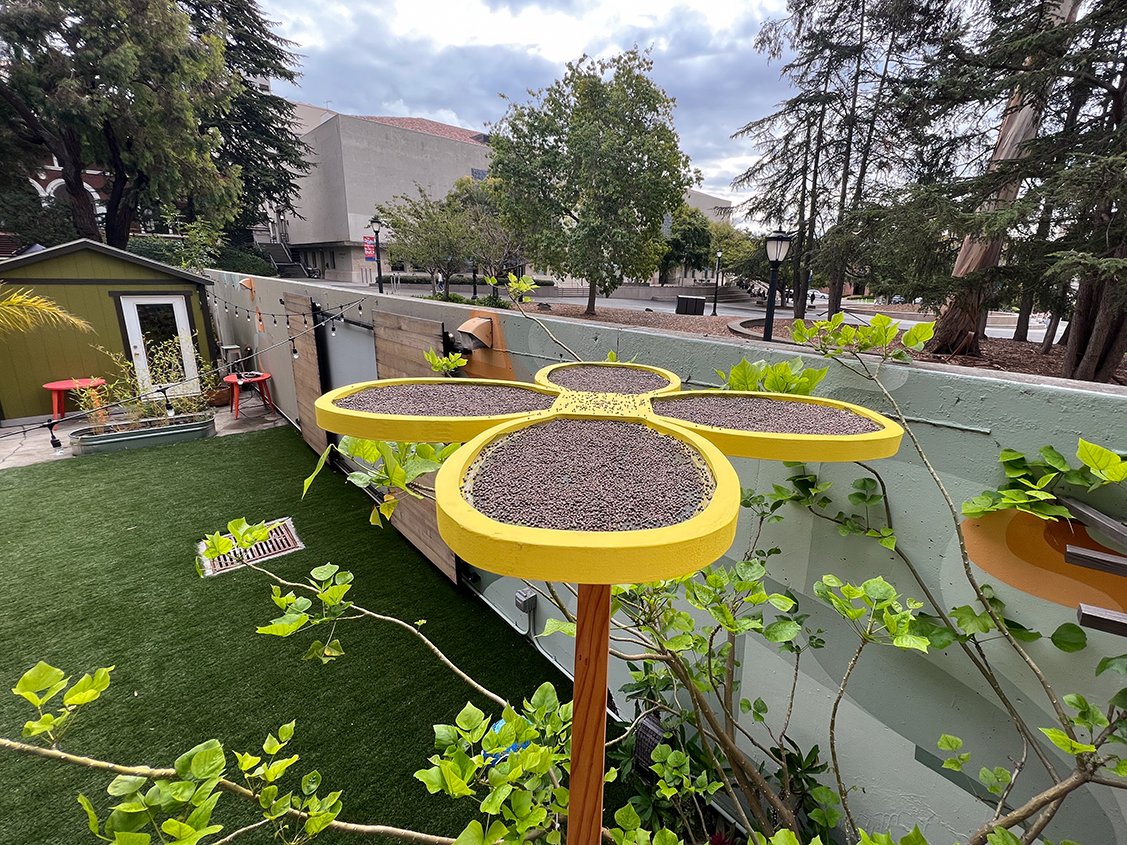


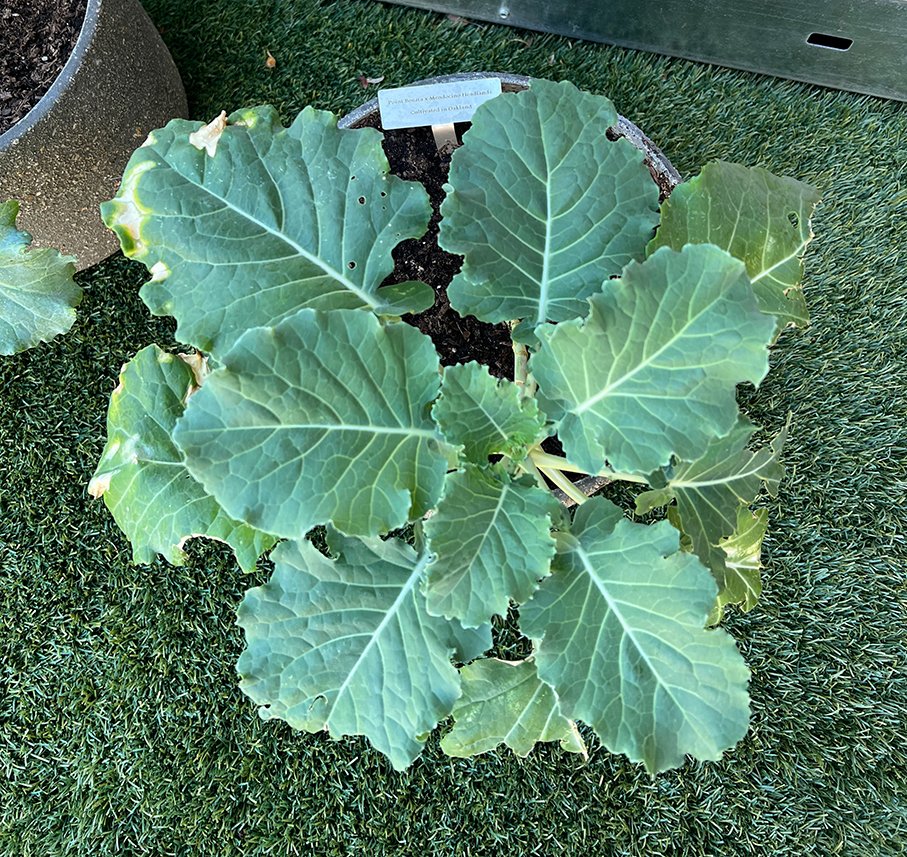
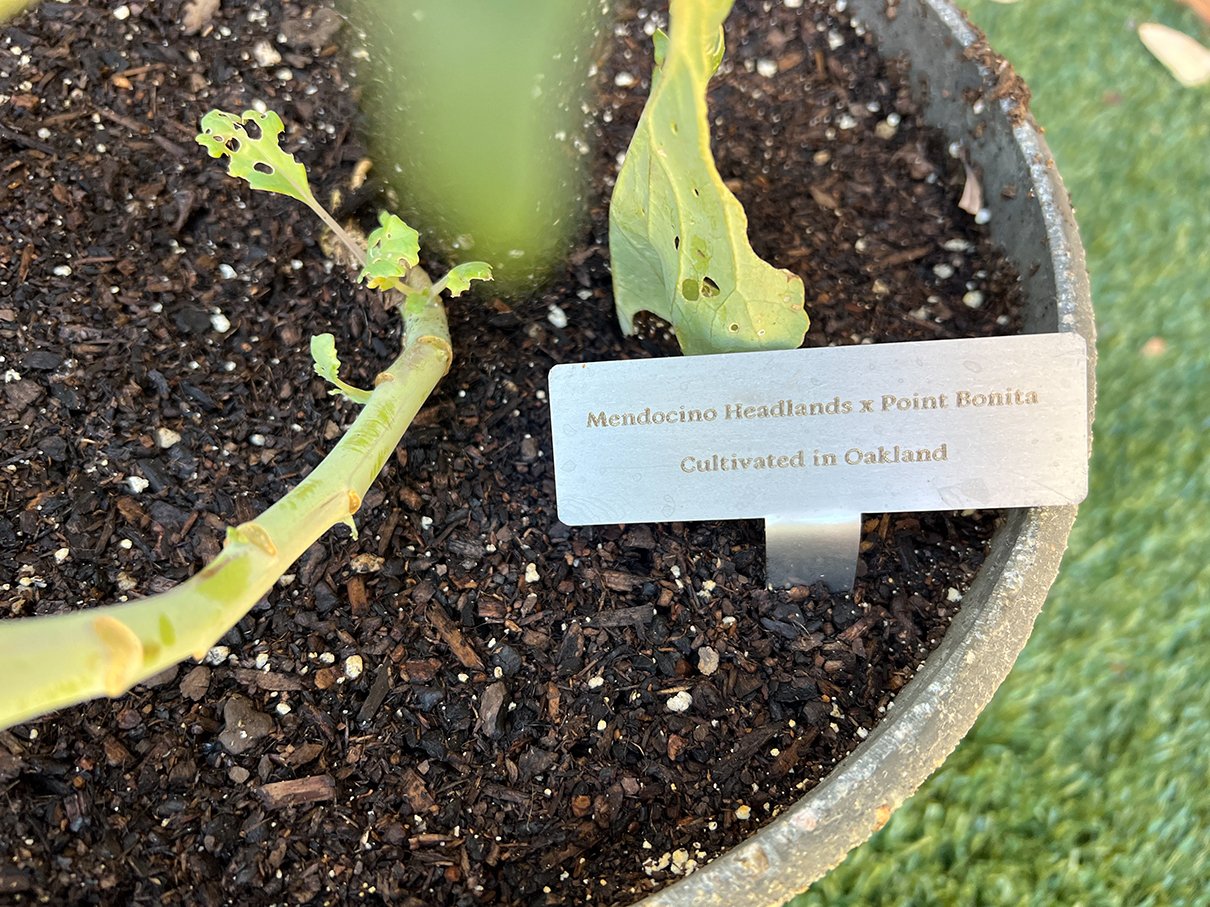
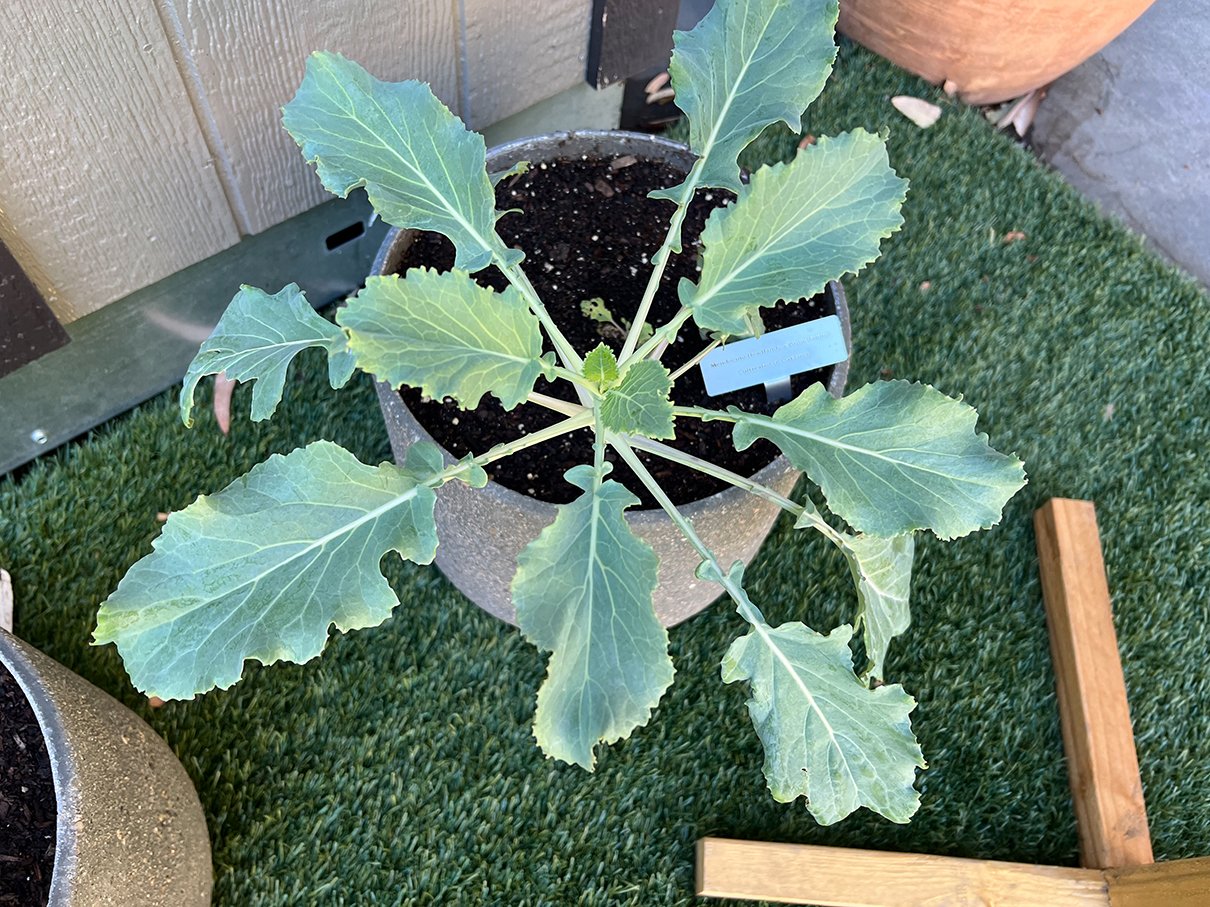
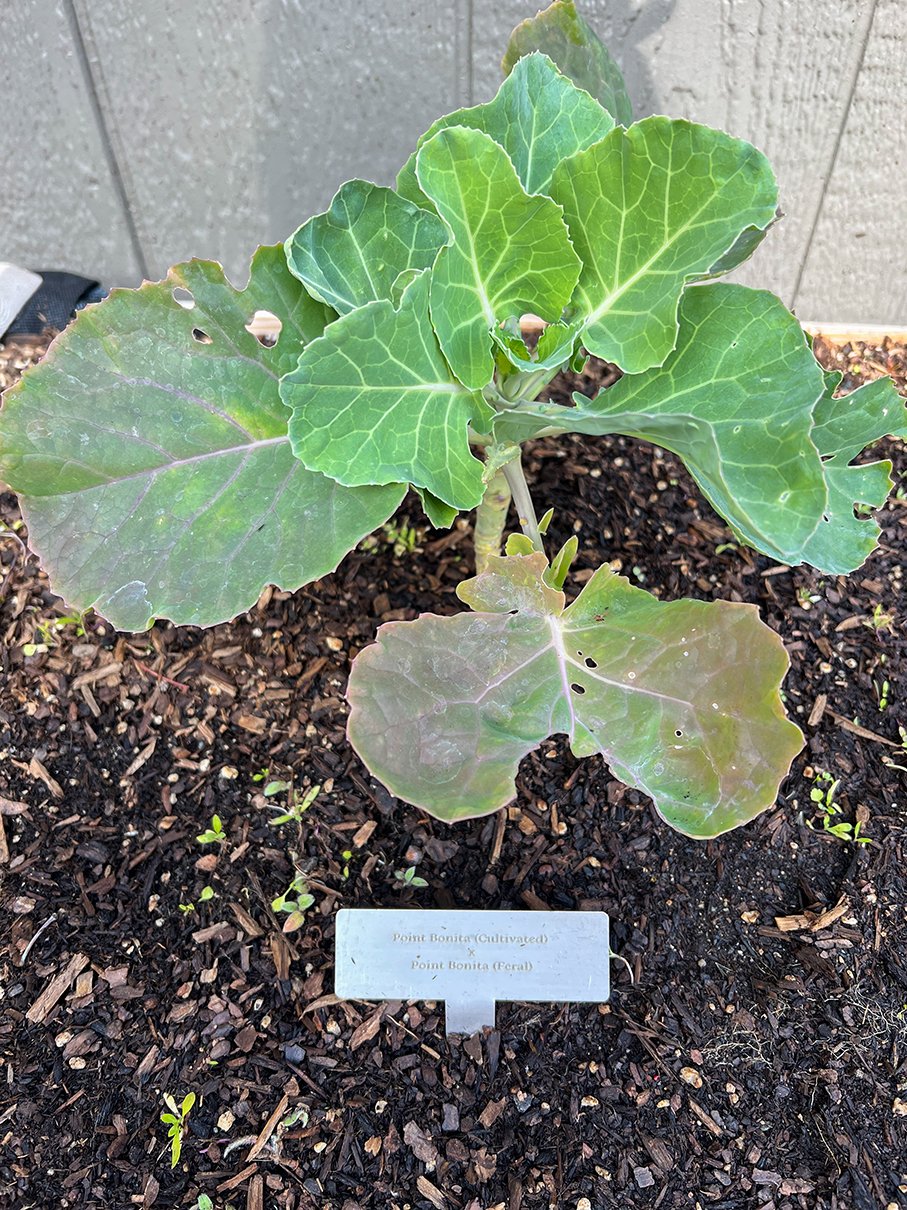
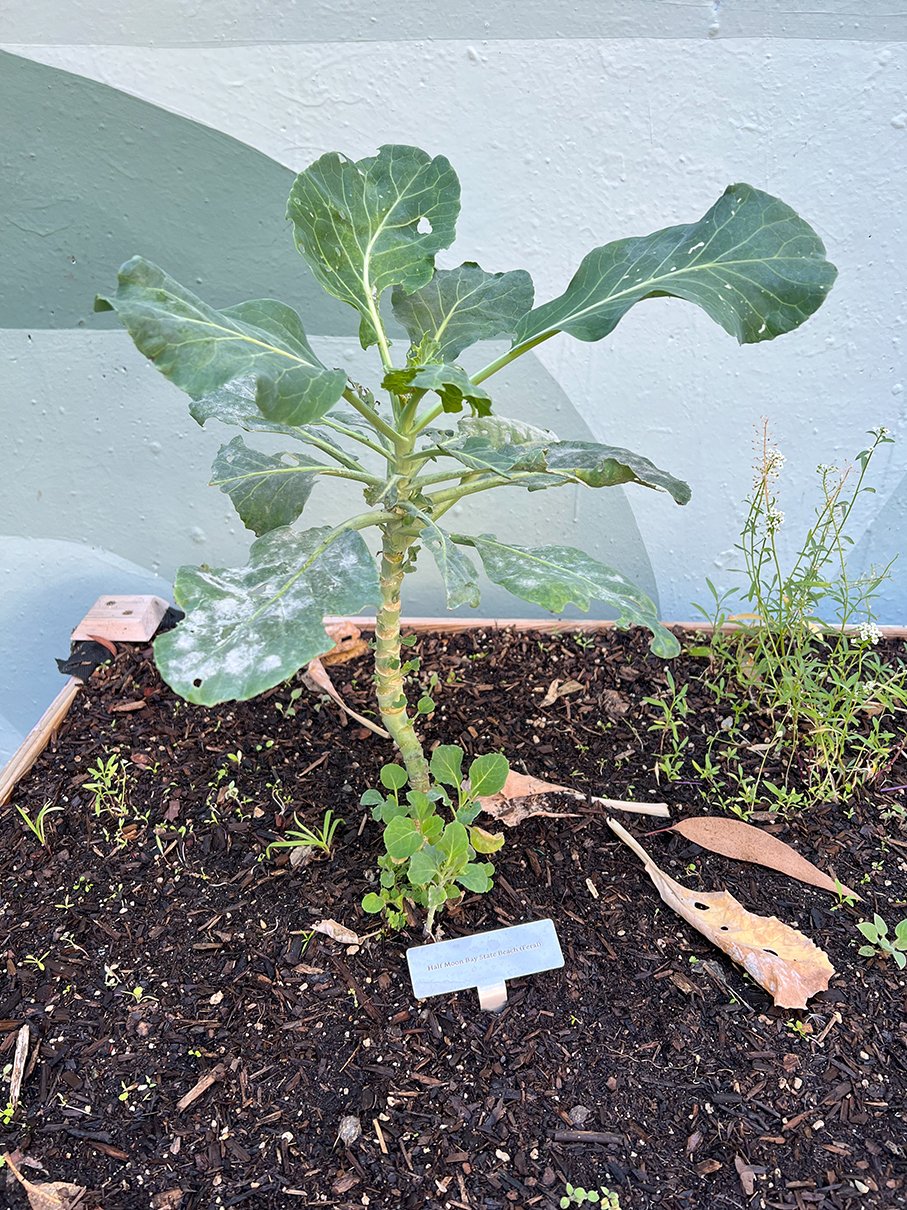
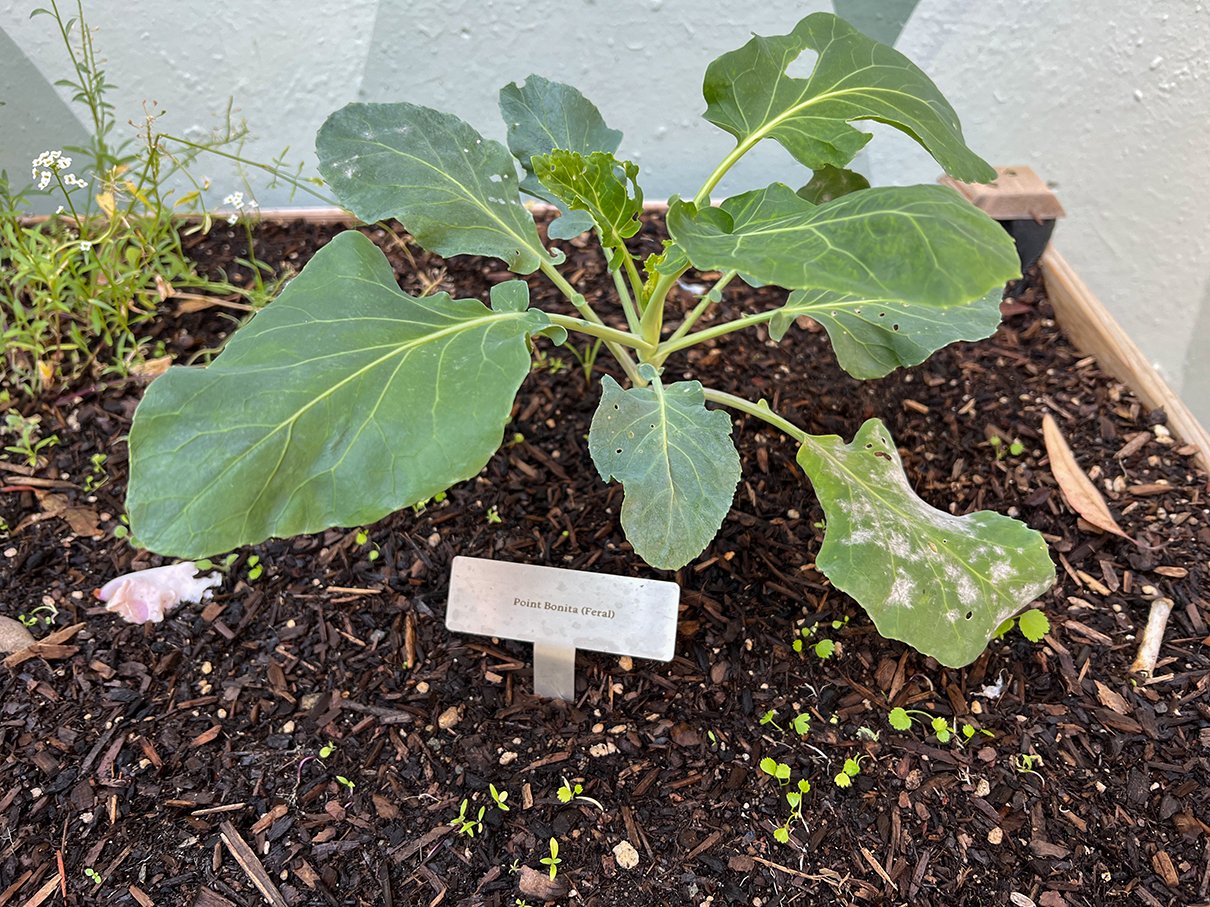
California Academy of Sciences Herbarium: Brassica oleracea L. var. oleracea, cultivated and feral specimens. Collected February 2020 and entered into collection January 2022:
Seed Threshing Workshop with Art Practice students:
Cabbage, Coast, Concrete
2020, 30 minute public talk and multimedia slideshow given at The Prelinger Library as part of the Place Talks series.
This work centers around feral cabbages (Brassica oleracea), specifically the Point Bonita cabbage, which grows only on a spit of basalt in the Marin Headlands and in my front yard in East Oakland. I am researching their migration and dispersal as intertwined with human activity, their resilience in a time of planetary uncertainty, and their frequent proximity to coastal concrete military defenses. The lack of recorded information on this cabbage triggered a personal tenet: paying attention to, caring for, and researching the small things, like these plants, is a way to attune to place, and by proxy, to the planet. By naming this cabbage within the traditional routes of knowledge-making as one practice of knowing, it can be measured against time and a changing, damaged planet.
This project was made possible with research support from The Prelinger Library, Golden Gate National Recreation Area Archives, The Maritime Museum Research Center, California Academy of Sciences, The Bancroft Library, and the National Park Service.

